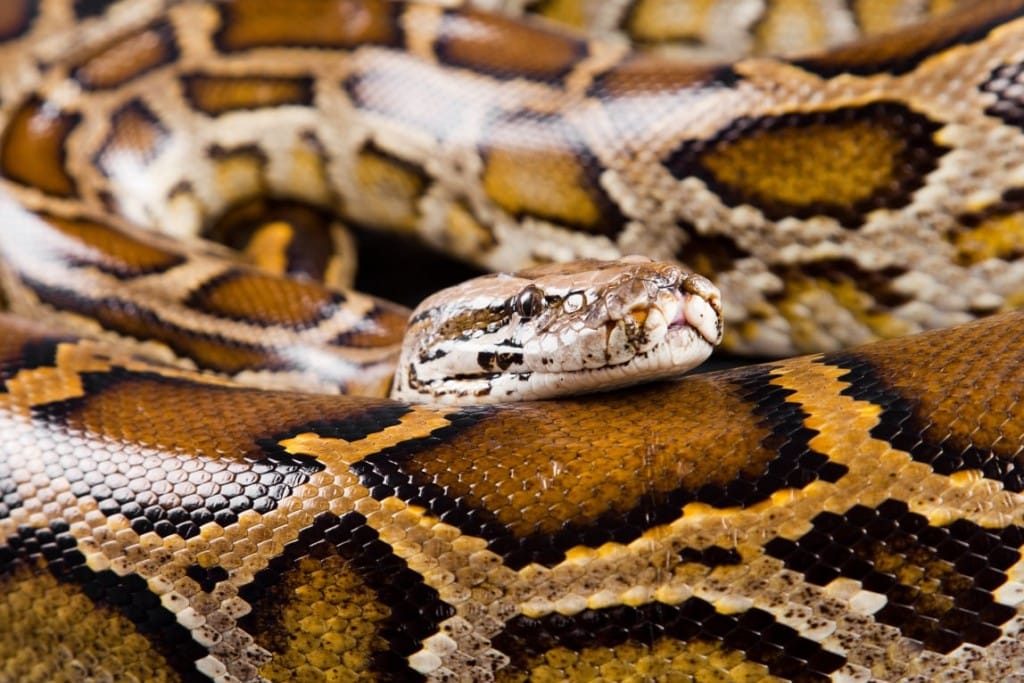The Florida Fish and Wildlife Conservation Commission voted today to ban the commercial breeding and keeping of several invasive species of reptiles i
The Florida Fish and Wildlife Conservation Commission voted today to ban the commercial breeding and keeping of several invasive species of reptiles in the state, including tegus, iguanas, and several python species. This is not good news for the industry. Phil Goss, president of the United States Association of Reptile Keepers (USARK), told WGCU that industry businesses related to these herps would cease in the state.
FWC Rule Changes
- Proposed rules will eliminate commercial breeding and pet ownership of these high-risk reptiles to
protect Florida’s environment and economy. - Proposed rules will place these high-risk reptiles on the Prohibited species list, limiting possession to permitted facilities engaged in educational exhibition, research, or eradication or control activities.
- Final rule language includes provisions to lessen the impact to regulated entities. (Source: MyFWC)
Affected Species
- Burmese python (Python bivittatus)
- Reticulated python (Python reticulatus)
- Scrub python (Morelia amethistina)
- Northern African python (Python sebae)
- Southern African Python (Python natalensis)
- Amethystine python (Morelia amethistina)
- Green anaconda (Eunectes murinus)
- Nile monitor lizard (Varanus niloticus)
- Tegus (all species) (Salvator sp.)
- Green iguana (Iguana iguana)
“They’ll have to end their businesses,” Goss said. “Only some of the businesses will be allowed to continue for three years, and for the bulk of species, will only have 90 days to either euthanize, surrender or move their animals outside of Florida.” Goss told WGCU that USARK is not against regulations, and would like to see the banned species to be able to be kept under conditional species permits, which are more restrictive but still allow the possession of these reptiles, rather than an outright ban.
Goss told WGCU that reptile breeders in the state should follow the same rules as Florida’s zoos rather than the state imposing an outright ban. Some of the regulations in place for zoos including microchipping of animals and escape proof enclosures.
Florida Bill Would Ban Sale And Possession of Tegus and Green Iguanas
Grammar Matters As 3 Judge Panel Lifts Python Ban
“That’s what should be happening instead of banning tegus and green iguanas and listing them as prohibited, they should be listed under this conditional species classification,” Goss said. “We absolutely think there should be common sense regulation on them. But, you know, we’re just foregoing all that and jumping to a prohibited species listings?”
[gtx_gallery]
“The industry certainly is not upset about the species being regulated. But we’re not seeing any regulation. FWC may label it as a regulation, but it is a ban.” said Goss.


